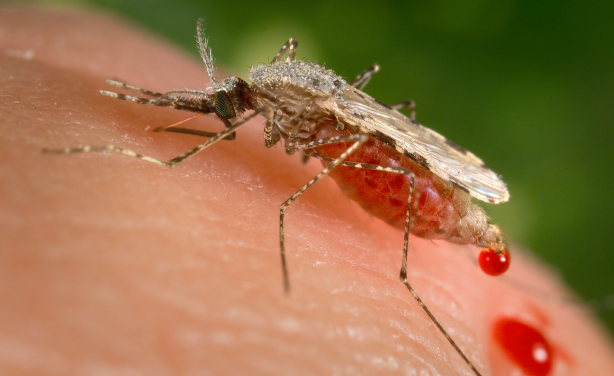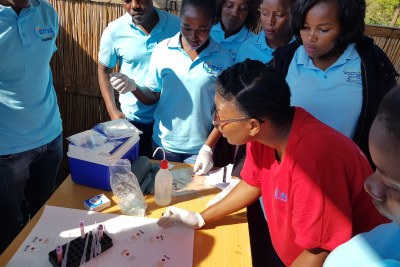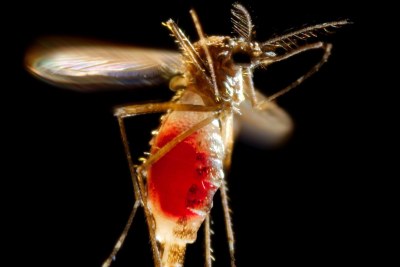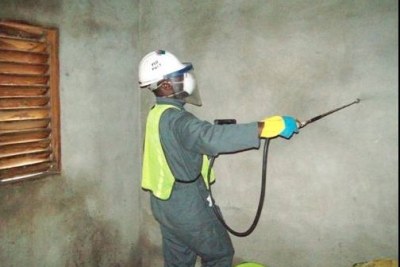-
Malawi: How Scientists Mapped Mosquito Breeding Grounds Using Drones
RFI, 25 April 2022
Using an innovative, 21st-century way to destroy a centuries-old problem, scientists at the Malawi Liverpool Wellcome Trust use drones to map out where mosquitoes breed in an… Read more »
-
Africa: Hunting the 'Perfect Protein' for Malaria MRNA Vaccine
SciDev.Net, 7 April 2022
After the success of mRNA vaccines against COVID-19, scientists are cautiously optimistic that the same technology can be used to tackle other widespread diseases such as malaria.… Read more »
-
Africa: Bed Net That 'Grounds' Mosquitoes Cuts Malaria Cases
SciDev.Net, 31 March 2022
An innovative bed net that immobilises mosquitoes by making them unable to move or fly, has the potential to significantly reduce malaria infection in children, according to trial… Read more »
How Malawi Scientists Map Mosquito Breeding Grounds With Drones
Scientists at the Malawi Liverpool Wellcome Trust have used drones to map out where mosquitoes breed in an effort to identify and destroy malaria-causing mosquitoes, Charles Pensulo writes for Radio France Internationale.
In the study published in 2021 researchers used drones with cameras pointing downwards to capture the photographs of the environment. They then used the photographs to identify water bodies which are likely to be breeding sites.
"We were then able to use these photographs combined with GPS technology within smartphones and to locate these water bodies and conduct a mosquito larval sampling exercise," says Michelle Stanton, the study lead.
Nearly four million people are diagnosed with the infection every year and Malawi accounts for two percent of malaria cases worldwide. Although the nation has made significant steps in controlling the disease by distributing treated mosquito nets and indoor residual spraying, the scientists have been looking at ways of modifying potential mosquito breeding sites so that the mosquitos can no longer develop.
Malaria continues to have devastating impact on poor people, especially in Africa. To fight the disease, countries primarily use insecticide-treated bed nets to control the mosquitoes that transmit malaria parasites, or medicines to treat malaria patients. These measures have been highly effective over the years. But now they are threatened by mosquitoes resisting the insecticides, and parasites resisting the drug treatments.
InFocus
-
A team of scientists in Kenya have demonstrated that a microbe found in a small percentage of mosquitoes in western Kenya completely blocks the transmission of the malaria ... Read more »
-
"The more we understand the parasite and how it can be carried by the mosquito from one human to the next, the easier it will be to find ways to defeat malaria," an expert says. Read more »
-
Indoor spraying with the insecticide bendiocarb has dramatically decreased malaria transmission in many parts of Benin - new evidence that insecticides remain a potent weapon for ... Read more »

A feeding female Anopheles stephensi mosquito (file photo).






